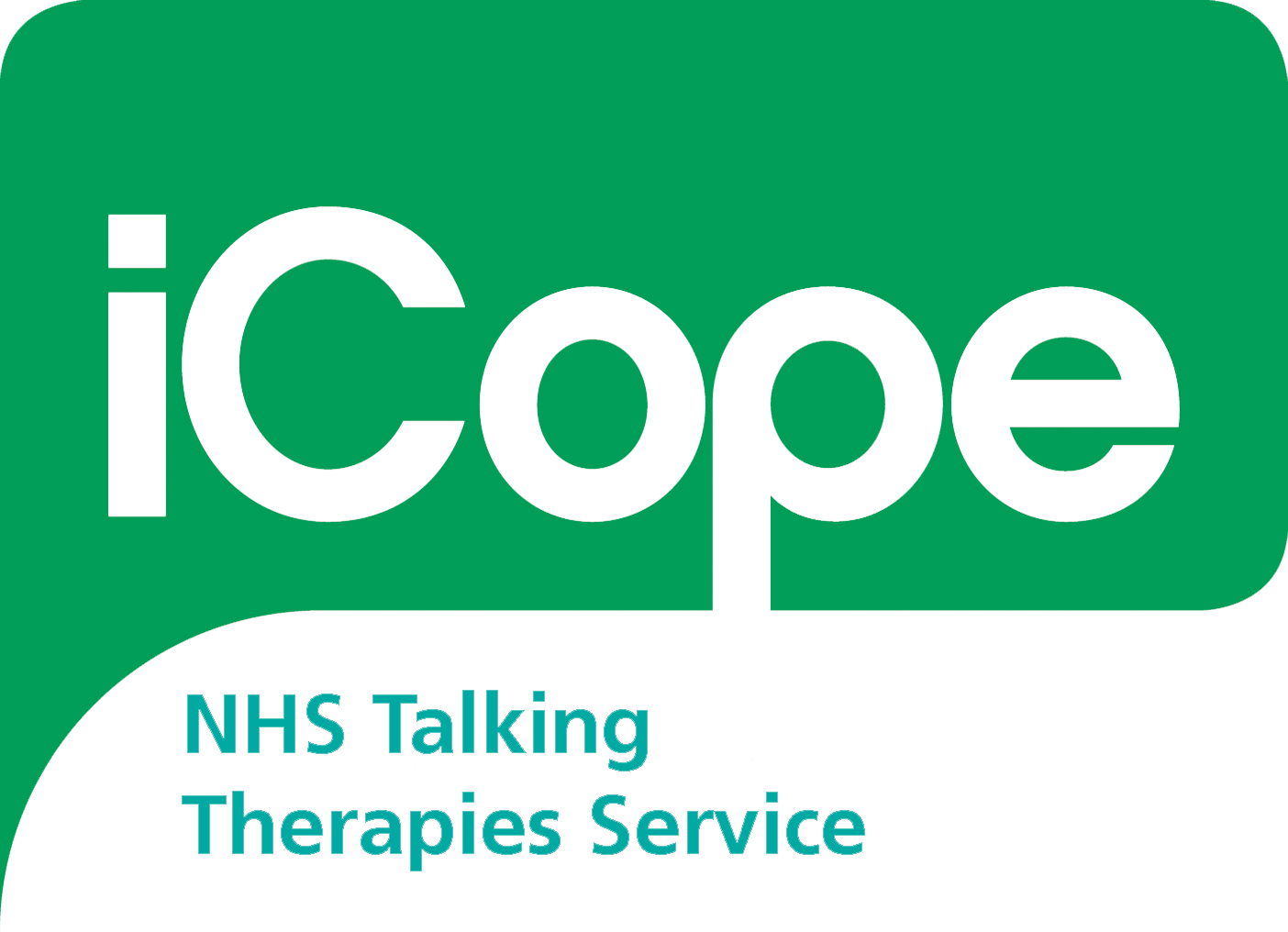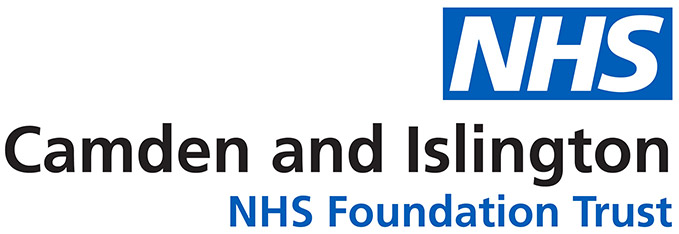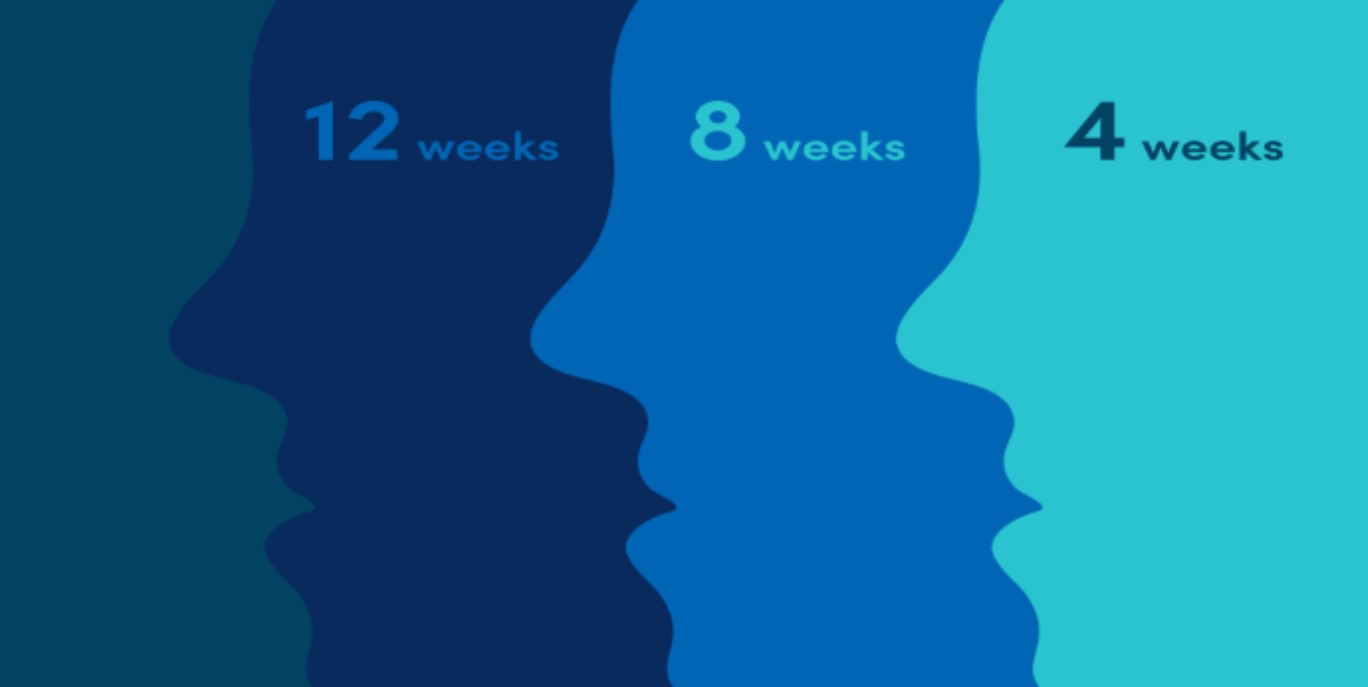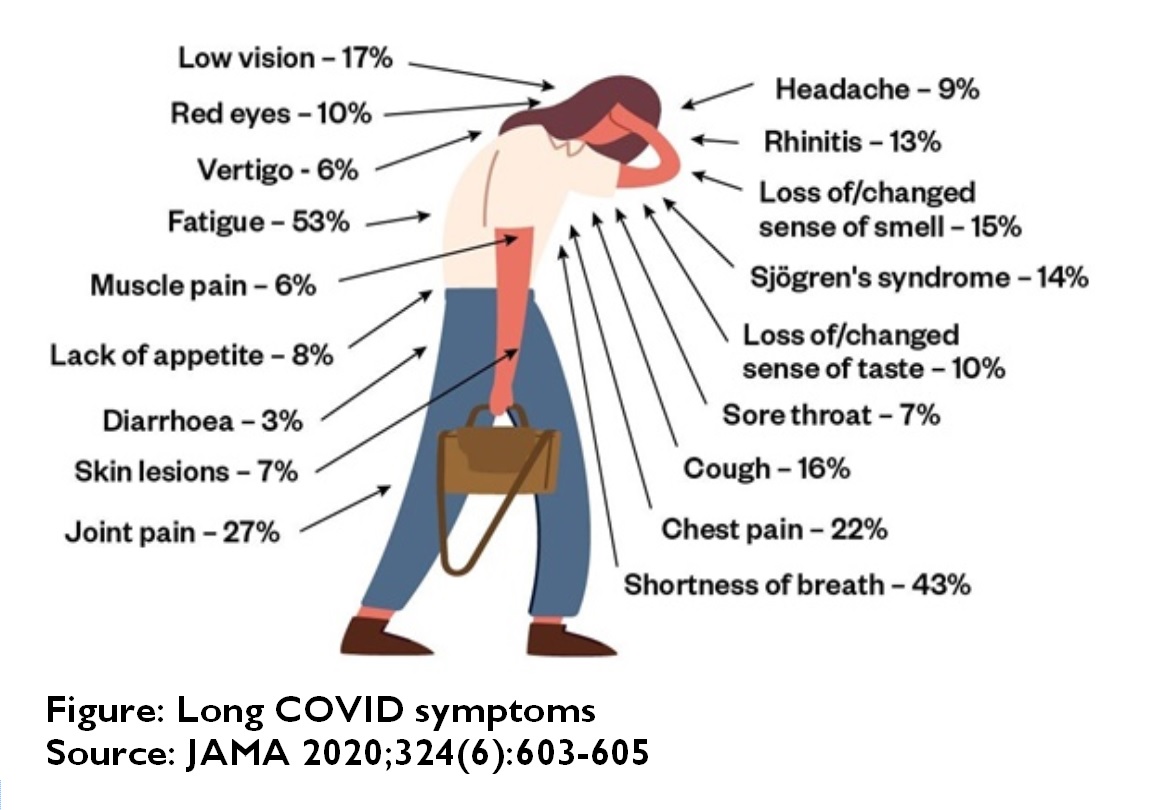Faced with uncertainty and limited guidance from healthcare professionals, it is not surprising that people with long COVID may be impacted emotionally. In response to ongoing physical symptoms people may experience stress, anxiety, low mood or sleep disturbance. If you notice yourself having any of these difficulties then you may find it helpful to book an appointment with us to discuss what type of help is available to you via our service.
How can iCope help?
Our iCope service offers psychological therapies for people who are suffering from stress, anxiety or depression. Our integrated IAPT-LTC therapists are also trained to provide psychological interventions to people with long-term physical health conditions or problematic persistent physical symptoms.
We understand that body, mind and the social environment are not separate. They interact to create tensions and vicious cycles that can end up affecting all three areas. As part of our NHS response to long-COVID in Camden and Islington, iCope are working as a part of an integrated network or multidisciplinary team.
This means that we are working closely with many local physical health teams and clinicians to provide an “integrated” multi-disciplinary response to support people with GP surgeries registered in the boroughs of Camden and Islington who are struggling with the effects of long-COVID. It may be helpful for you to view us as all working together, as part of your long-COVID local recovery network, with you at the centre of this network.
Together, with you, we hope to help you to better understand, manage and recover from your long-COVID symptoms.






